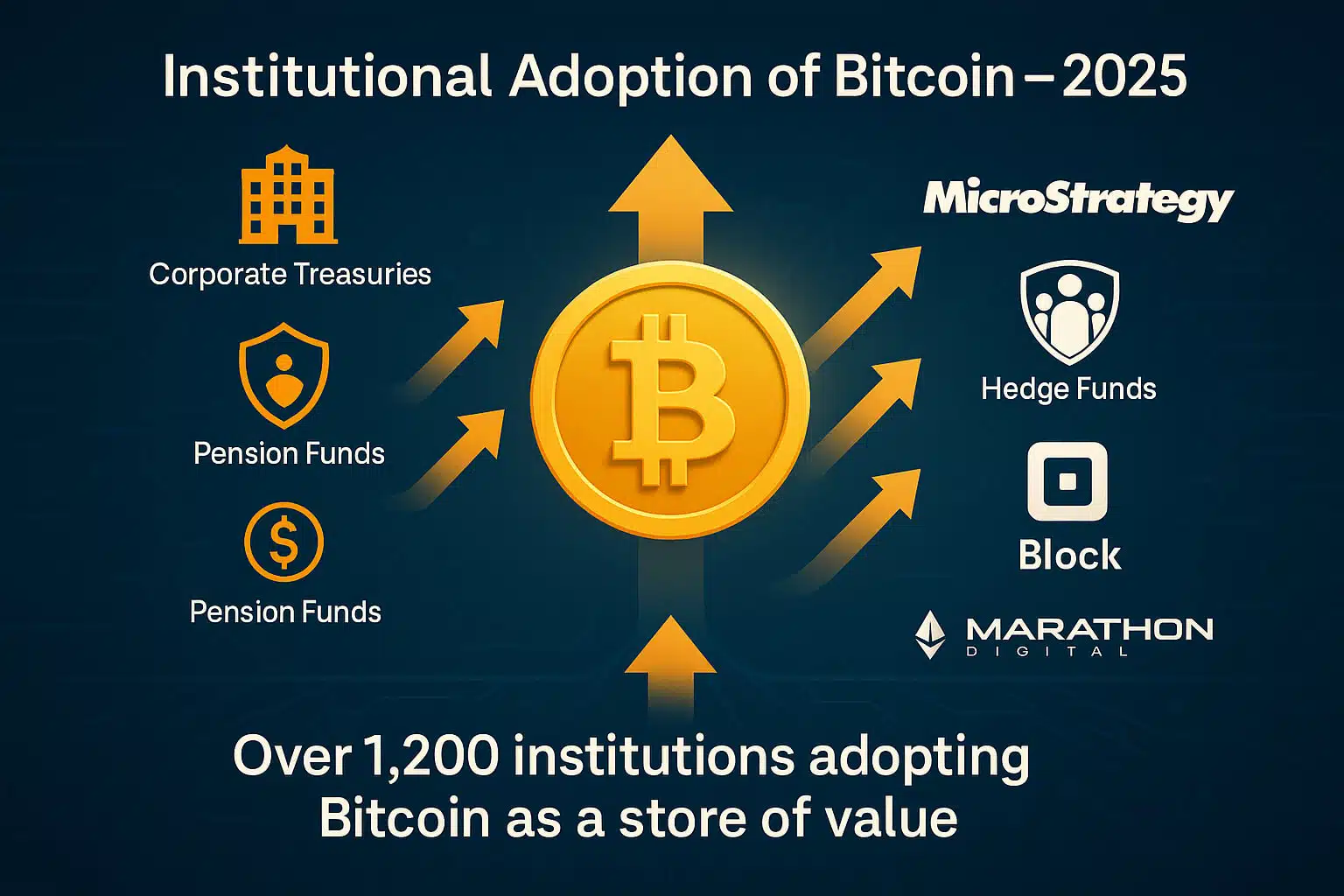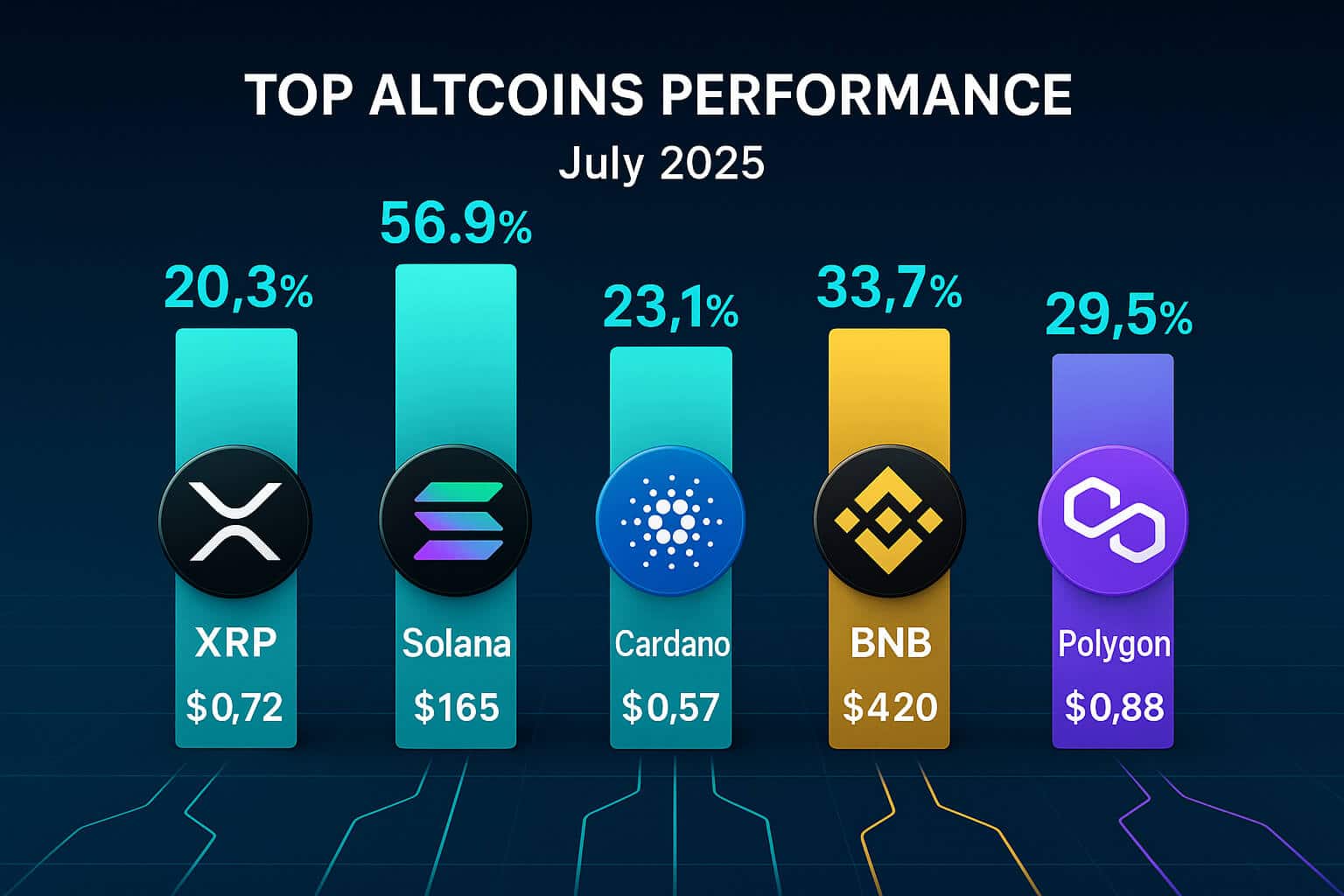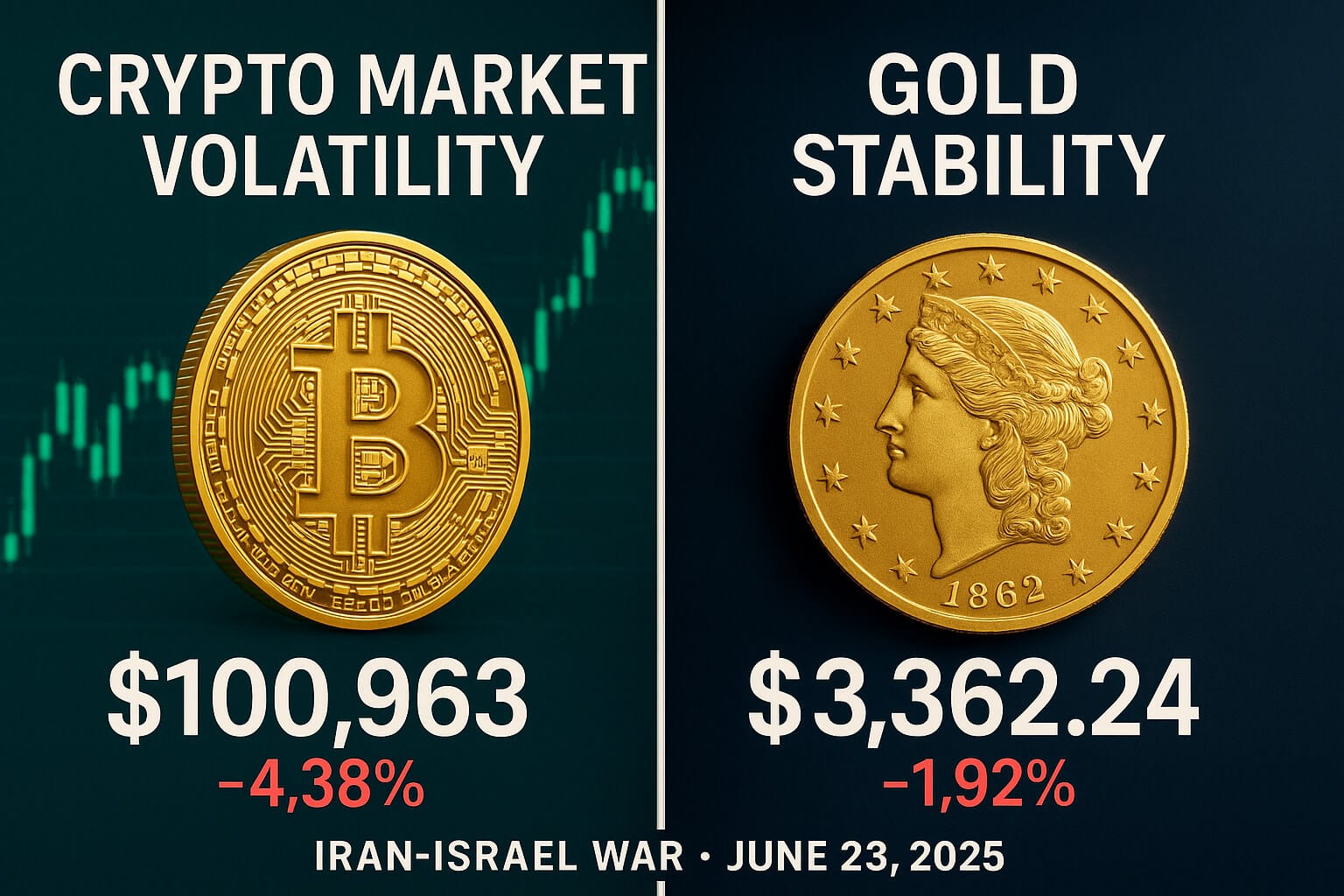Cryptocurrency is no longer just a speculative asset for traders or investors. It is now making waves in the e-commerce space, providing faster, more secure, and cost-effective payment methods for online retailers and consumers alike. As the global e-commerce industry continues to grow, cryptocurrency will play an essential role in its evolution. But how exactly is crypto transforming the future of online shopping? Let’s dive into the key ways cryptocurrency is reshaping e-commerce.
1. Faster and Cheaper Transactions
One of the biggest advantages cryptocurrency brings to e-commerce is the speed and cost-efficiency of transactions. Traditional payment methods, such as credit cards or bank transfers, involve intermediaries like banks or payment processors, resulting in delays and additional fees. With cryptocurrency, payments process almost instantly on the blockchain, eliminating the need for intermediaries.
Example:
Consider a customer purchasing a product from an overseas store. Traditional payments involve long transaction times and high currency conversion fees. With cryptocurrency like Bitcoin or Ethereum, the transaction happens in minutes with significantly lower fees.
This not only speeds up the checkout process but also saves both the customer and the retailer money on transaction fees.
2. Borderless and Global Payments
Cryptocurrency’s borderless nature has revolutionized e-commerce. Reaching global customers can be challenging due to payment barriers and currency conversion issues. Cryptocurrency removes the need for exchange rates, allowing businesses to accept payments from anywhere in the world with ease.
Example:
Imagine a customer in Brazil wants to buy from an online retailer in Germany. Traditional payment systems would add currency conversion fees and possible issues with credit card acceptance. However, using a cryptocurrency like USDT or Bitcoin allows for a direct, simple payment, eliminating the need for currency exchanges.
By accepting borderless payments, retailers can expand into new markets, scaling their businesses globally without the usual payment obstacles.
3. Enhanced Security and Privacy
Cryptocurrency brings enhanced security to e-commerce through blockchain technology. Each transaction gets recorded on a decentralized, tamper-resistant public ledger. Additionally, crypto transactions don’t require the sharing of personal data, offering users more privacy.
Example:
When paying with a credit card, customers must input sensitive information like card numbers, expiration dates, and CVV codes. If the e-commerce platform experiences a data breach, that information can be compromised. Crypto payments, however, only require a wallet address and transaction confirmation, reducing the risk of identity theft or fraud.
This greater level of security benefits both consumers and retailers, reducing the likelihood of chargebacks or fraudulent transactions.
4. Increased Financial Inclusion
Cryptocurrency opens the doors to financial inclusion, allowing those without traditional banking access to participate in the global economy. Many individuals around the world remain unbanked or underbanked, making it difficult for them to shop online. Cryptocurrency provides these individuals an alternative way to engage in e-commerce.
Example:
In regions with unstable banking systems or limited access to credit, people can still shop online using cryptocurrencies. For instance, someone in a developing country without a bank account can create a digital wallet on their smartphone and use Bitcoin to make purchases from international retailers.
By accepting cryptocurrency, e-commerce platforms can tap into this previously underserved market, enabling global participation.
5. Loyalty Programs and Tokenization
Cryptocurrency also allows for the creation of more innovative loyalty programs and tokenization. Instead of traditional points-based rewards, retailers can issue tokens that hold actual value and can be traded or used across multiple platforms. These tokens provide customers with added flexibility and value.
Example:
A retailer could offer customers branded tokens as rewards for purchases. Customers can redeem these tokens for discounts, trade them with others, or use them at partner stores. Unlike traditional loyalty points, these tokens hold real-world value and liquidity on cryptocurrency exchanges.
Retailers can build entire ecosystems around these tokens, incentivizing customers to stay loyal while simultaneously participating in the digital economy.
6. Crypto and the Metaverse
The rise of the metaverse adds another layer of potential for cryptocurrency in e-commerce. The metaverse is a virtual world where users can shop, socialize, and interact with brands using digital avatars. Cryptocurrencies power transactions within these virtual environments, providing a seamless way to buy digital goods, fashion for avatars, and even real-world items through virtual stores.
Example:
Imagine visiting a virtual mall in the metaverse, where brands have digital storefronts. You can browse, try on virtual clothing for your avatar, and purchase items using cryptocurrency, with physical products shipped to your real-world address. Cryptocurrency bridges the physical and virtual retail worlds, enabling fast and borderless payments within these emerging digital spaces.
As the metaverse evolves, cryptocurrency will likely become the dominant payment method in these virtual environments.
Conclusion
Cryptocurrency is playing a critical role in shaping the future of e-commerce. With faster transactions, borderless payments, enhanced security, and greater financial inclusion, crypto offers solutions to many challenges faced by online retailers and consumers. Beyond that, it introduces innovative possibilities for loyalty programs and payments within the metaverse. As more retailers adopt crypto and blockchain technology integrates further with e-commerce platforms, the future of online shopping will become faster, more secure, and accessible to users worldwide.
For more insights and detailed guides on cryptocurrency’s impact on industries like e-commerce, visit our Cryptocurrency Payments Guides.
Stay Updated
For the latest updates on cryptocurrency in e-commerce and other blockchain innovations, follow us on:
Stay informed with the latest trends and strategies in the crypto world at FreeCoins24.io.
Special Offer
Looking to accept cryptocurrency for your e-commerce business? Sign up on Bybit today and claim up to $30,000 in deposit bonuses. Don’t miss this exclusive opportunity to explore the world of crypto payments!

















